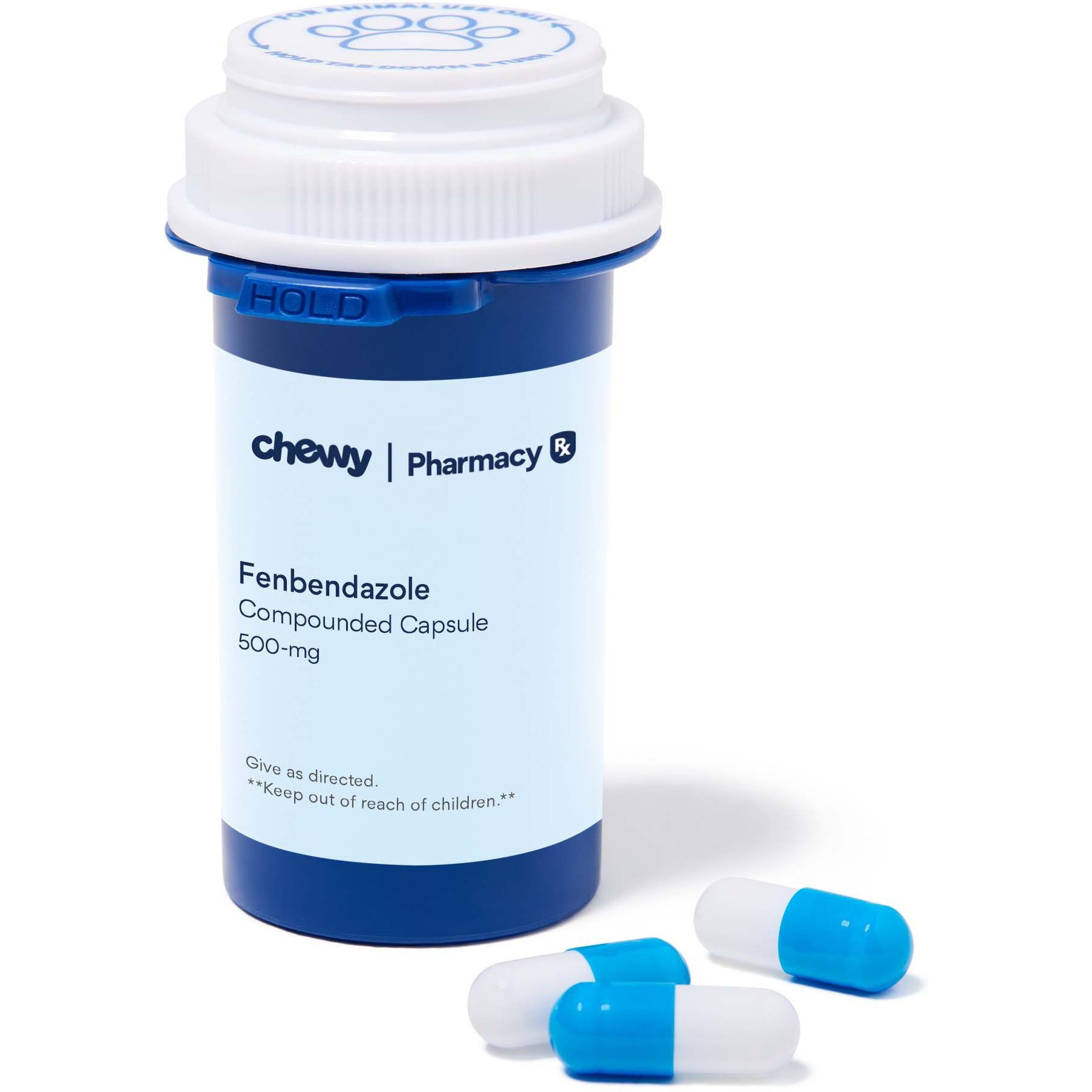fenbendazole capsules: What to Expect Before and After Treatment
Wiki Article
Understanding the Benefits and Uses of Fenbendazole in Vet Medicine
Fenbendazole has actually established itself as a key anthelmintic in vet medicine. Its capability to target different parasitical infections makes it a beneficial device for veterinarians. The medication's system interrupts crucial mobile processes in bloodsuckers, bring about reliable therapy outcomes. Its safety and security account varies in between species, demanding mindful consideration in its usage (fenbendazole 222). Recognizing these characteristics can clarify fenbendazole's more comprehensive ramifications in vet care and ongoing research study into its potential beyond typical applicationsMechanism of Activity of Fenbendazole

Common Parasitical Infections Treated With Fenbendazole
A variety of parasitic infections are properly treated with fenbendazole, making it a functional alternative in vet medication. This anthelmintic representative is particularly efficient against nematodes, consisting of roundworms and hookworms, which typically influence canines and cats. It is likewise made use of for the therapy of cestodes, such as tapeworms, providing a broad range of action against both kinds of intestinal tract parasites. Furthermore, fenbendazole is valuable in taking care of infections brought on by protozoa, especially Giardia, which can lead to gastrointestinal distress in animals. Its efficacy prolongs to dealing with specific lungworms in canines and felines, attending to respiratory health and wellness issues connected to these parasites. On the whole, fenbendazole's ability to target numerous parasitic species makes it a valuable tool in vet practice, making certain the health and well-being of family pets impacted by these typical infections.Security and Effectiveness in Different Pet Variety
The security and efficacy of fenbendazole differ amongst different pet types, underscoring the significance of species-specific factors to consider in veterinary medicine. In canines, fenbendazole is typically well-tolerated and reliable versus a series of stomach parasites, including roundworms and hookworms. For felines, however, its use is less common and might need cautious application as a result of potential damaging responses.In animals, such as cattle and lamb, fenbendazole shows performance versus numerous endoparasites, adding to enhanced wellness and performance. The pharmacokinetics and possible side effects can differ considerably between varieties, demanding careful examination by veterinarians.
Equines additionally respond positively to fenbendazole, specifically for treating strongyles and ascarids, though dose and administration courses must be tailored to their special physiology. Recognizing these differences is crucial for optimizing therapy results and ensuring pet well-being throughout varied types.
Management and Dosage Guidelines
Appropriate administration and dose standards are vital for making best use of the healing results of fenbendazole while decreasing prospective side impacts. The dose generally varies relying on the types being dealt with, the details condition, and the solution of fenbendazole made use of. fenbendazole capsules. For canines and cats, a common dose is 50 mg/kg body weight, administered as soon as daily for three consecutive days, but veterinarians may adjust this based upon individual wellness assessmentsIt is necessary to provide fenbendazole with food to enhance absorption and reduce intestinal trouble. The drug is offered in numerous types, consisting of granules and paste, enabling versatile administration options. Keeping an eye on the animal's action throughout and after treatment is recommended to confirm efficiency and safety. Additionally, vet advice is vital to determine the proper period of treatment based on the kind of parasitical infection being addressed, guaranteeing optimal outcomes for the pet's health.
Future Perspectives and Research on Fenbendazole
Research on fenbendazole remains to advance, concentrating on its possible applications past conventional antiparasitic uses. Current researches have discovered its performance in dealing with numerous kinds of cancer, especially in veterinary oncology. Preliminary data recommend that fenbendazole may hinder the growth of tumor cells and boost the impacts of various other chemotherapeutic representatives.Additionally, researchers are examining its duty in taking care of stomach conditions in pets, highlighting its anti-inflammatory properties. The flexibility of fenbendazole for various varieties increases inquiries fenbendazole 444 concerning its safety and security accounts and suitable application routines in varied populations.
As passion grows, there is a demand for extensive scientific trials to develop evidence-based guidelines for these unique applications. Future study might additionally investigate the systems behind fenbendazole's effects, possibly leading the way for ingenious therapeutic strategies in vet medicine. The continuous expedition of fenbendazole could considerably boost treatment options for various vet conditions.

Regularly Asked Concerns
Is Fenbendazole Safe for Pregnant Animals?
The security of fenbendazole for expecting pets stays unclear. While some researches recommend very little danger, veterinarians typically advise caution and frequently discourage its use while pregnant unless the benefits clearly surpass possible risks.Can Fenbendazole Be Used in Livestock?
Fenbendazole is typically made use of in animals to treat various parasitical infections. fenbendazole capsules. Its efficacy against gastrointestinal worms makes it a beneficial anthelmintic, adding to enhanced wellness and efficiency in pets elevated for food and fiberWhat Are the Negative Effects of Fenbendazole?

The negative effects of fenbendazole might consist of intestinal disruptions, lethargy, and allergies. In unusual cases, extra severe responses could occur, requiring careful tracking and appointment with a vet throughout therapy.
Exactly How Does Fenbendazole Contrast to Other Dewormers?
Fenbendazole provides broad-spectrum effectiveness against different parasites, typically contrasting favorably to various other dewormers. Its special mechanism targets different life phases, making it reliable, while usually offering a beneficial security profile compared to alternatives offered on the market.Can Fenbendazole Be Utilized for Treating Cancer Cells in Animals?
The possibility of fenbendazole in dealing with cancer cells in pet dogs has garnered interest. Preliminary researches suggest it might prevent cancer cells cell growth, but additionally study is essential to validate its efficacy and safety and security in veterinary oncology.Report this wiki page